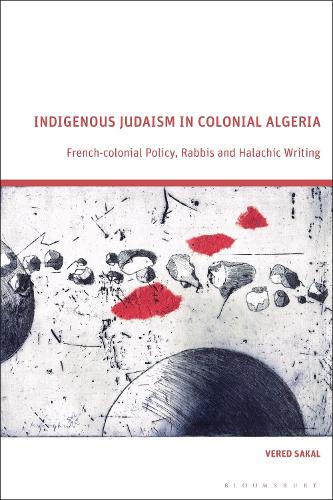
Indigenous Judaism in Colonial Algeria: French-colonial Policy, Rabbis and Halachic Writing
(Hardback)
Publishing Details
Indigenous Judaism in Colonial Algeria: French-colonial Policy, Rabbis and Halachic Writing
By (Author) Vered Sakal
Bloomsbury Publishing PLC
Bloomsbury Academic
8th January 2026
United Kingdom
Classifications
Professional and Scholarly
Non Fiction
African history
Physical Properties
Hardback
160
Width 156mm, Height 234mm
Description
Did Jewish scholars develop new strategies of applicability and governance to adapt to and survive in French-colonial Algeria How did indigenous rabbis respond to changes in their socio-political environment Did it affect the way in which they understood and addressed their juridical roles and, if so, to what extent
This study explores these questions and furthers the growing discourse about indigenous Jews in colonial Algeria. Vered Sakal adopts a Halachic perspective to examine the transition from Muslim-Ottoman to French-liberal-colonial politics.
Sakal considers how 19th century Algeria was an environment in which Jews are both colonizers and colonized, and in which colonial officials actively intervene with the communal and private lives of indigenous Jews, and the way they practice their Jewishness at the home, the school, and the synagogue.
Through the analysis of several historical sources, such as French legislation and scholarship from the colonial era, a survey written by two French Jews about the Jews of Algeria, and the Halachic writings of indigenous Algerian rabbis, the varied genres covered in this book come together to portray a unique religio-political environment.
Author Bio
Vered Sakal is the Bertram and Gladys Aaron Professor of Jewish Studies at Christopher Newport University, USA. Her fields of research are religious studies, modern Jewish thought, liberal theory and subaltern studies.
